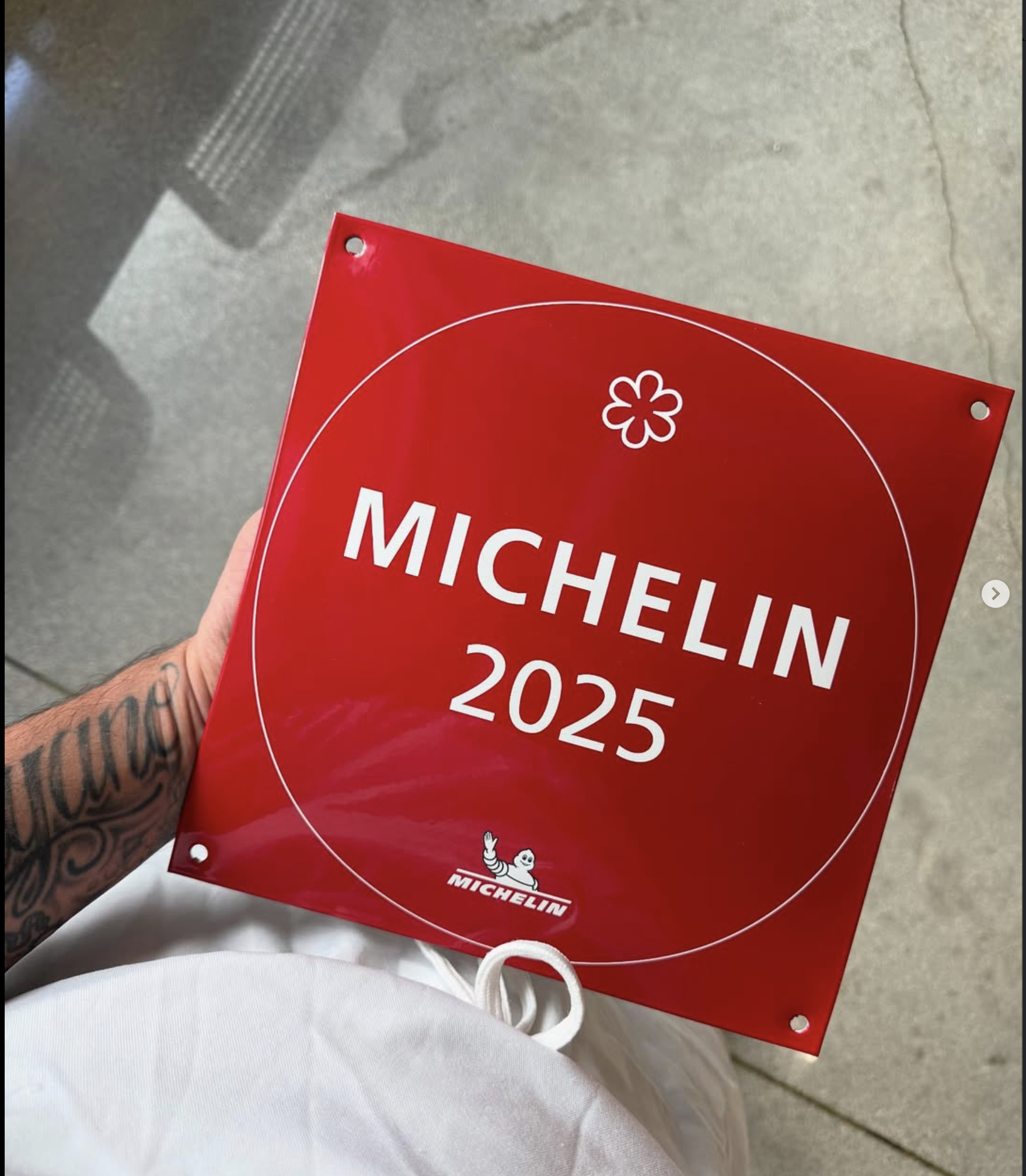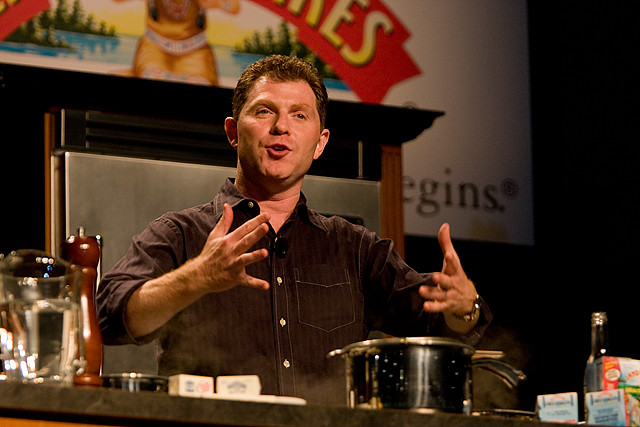After 65 years of celebrating the thorny thistle that put Castroville on the map, Monterey County’s beloved Artichoke Festival has permanently closed its doors. Like a player getting benched in the final quarter, the festival board announced game over for the 2025 event and all future festivals. The financial challenges proved as insurmountable as trying to eat an artichoke without removing the choke.
“This decision stems from the growing financial strain caused by increasing event production costs, insurance premiums, and operational challenges,” the festival’s board explained. (And you thought your concert tickets had bad service fees.) The announcement blindsided fans just weeks before this year’s festival, scheduled for June 14-15 at the Monterey County Sheriff’s Posse Grounds in Salinas.
What began in 1959 as a humble hometown celebration bloomed into a regional tradition that drew visitors from across the country. The festival had moved from Castroville to the Monterey County Fairgrounds in 2014 and was set to debut in Salinas this year before getting canceled faster than a streaming service original.
“Ending the festival is one of the most difficult decisions we’ve ever had to make,” said the Festival Board. Financial realities proved tougher than trying to pronounce “Cynara scolymus” after a few glasses of local wine.
The festival’s rich history is baked into the region’s agricultural identity. In 1948, a pre-fame Marilyn Monroe was crowned Castroville’s Artichoke Queen, eleven years before the first official festival. That’s right – before she was singing “Happy Birthday, Mr. President,” she was saying hello to artichoke enthusiasts.
The festival became known for its culinary creativity, featuring everything from artichoke burritos to fried artichoke hearts. Each year, local chefs and family cooks would showcase innovative ways to prepare the versatile vegetable, drawing food enthusiasts from across California. These culinary traditions became as important to the festival’s identity as the agricultural celebration itself.
California produces all commercially grown artichokes in the United States, with Castroville supplying about two-thirds of the nation’s crop. The town proudly calls itself “The Artichoke Center of the World” – sort of like calling yourself the “Gotham City of Vegetables,” but with fewer caped crusaders.
During its impressive run, the event became known for crowning artichoke royalty, hosting celebrity chefs, and feeding generations with artichokes prepared every way except in breakfast cereal. The festival pumped hundreds of thousands of dollars into local charities while creating memories as layered as the vegetable it celebrated.
The Artichoke Festival isn’t alone in its demise. Last month, the Pittsburg Seafood and Music Festival announced it was ending its 40-year run. Traditional food festivals are dropping like characters in a George R.R. Martin novel while Instagram-friendly food trucks and pop-up events feast on their former audience. It’s a stark contrast to the explosive growth of newer food celebrations like LA County’s UbeFest, which drew over 10,000 attendees in April to celebrate the purple Filipino yam that has crossed into mainstream American cuisine.
For longtime Castroville residents, the news hit harder than an unexpected artichoke thorn. Many families had attended for generations, weaving the festival into their personal histories. Local media reported stories of first dates, anniversaries, and family reunions celebrated among the artichoke booths and festival grounds over the decades.
For the Castroville community, the festival was more than just an annual event. As the board acknowledged: “You’ve helped make the Artichoke Festival more than an event—you made it a home.” The closure leaves a void in the summer festival circuit, but Castroville’s 15-foot concrete artichoke remains – standing guard outside the Giant Artichoke Restaurant like the last soldier of a tasty empire.


















